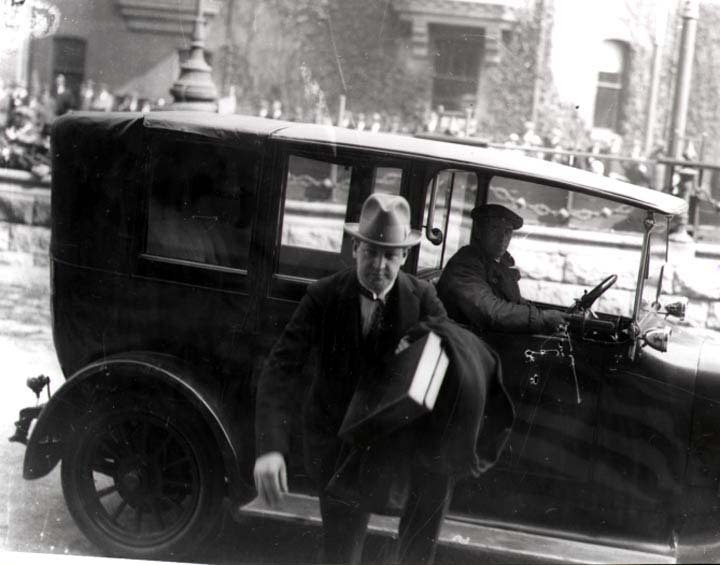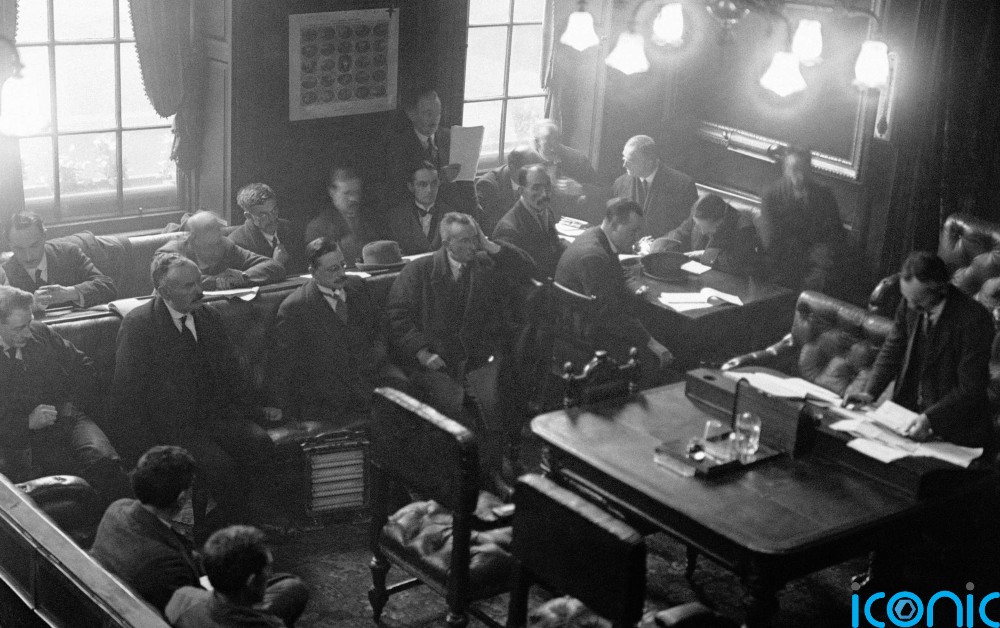
The Taoiseach has said that revolutionary leader Michael Collins should be commemorated as a statesman to mark the centenary of his death next year.
Micheal Martin ruled out a state inquiry into who shot the Irish republican leader dead, saying it would be the wrong way to approach the source of controversy.
Mr Collins was killed on August 22 1922 near Beal na mBlath in Co Cork during the Irish civil war.
The identity of the shooter remains a mystery almost 100 years later.

Mr Martin said that he signed off on a plan to put resources into Beal na mBlath to create a proper memorial.
“I met the Collins family recently. I was very taken by what Helen, the grandniece of Michael Collins, said,” the Fianna Fail leader added.
“They much prefer Woodfield, the birthplace of Michael Collins, than Beal na mBlath because to them Beal na mBlath is a death site. It’s a grave.
“It has never been appealing to their family, whereas actually I got it when I was at Woodfield. The location is idyllic, where he was born and reared you can almost see him running around those fields.
“But I think we should commemorate the centenary of the death of Michael Collins in the manner we would commemorate the loss of a statesman.”
Mr Martin said Mr Collins was “an outstanding” Irish leader during the War of Independence.
“All of that generation had extraordinary commitment to the country,” he added.
“I was struck, when I read the [Michael Collins] diaries that we were presented with, that commitment shines through, and indeed it shines through all of the records and archives that have being made available.
“I think we should honour the leaders of that period without fear or favour and do it in a proper way.”
Asked whether an historical inquiry into Mr Collin’s death would be a step too far, Mr Martin said it is the wrong way to go through the past.
“I much prefer the work of academics, good, solid, informed histories,” he added.
“That, to me is the more informed way to go about it, to look back on history. I think Diarmaid Ferriter’s book Between Two Hells is one example of that.
“Let’s not approach history with the perspectives of today or with your own prejudices.

“You should approach history objectively and try to tell the story as it was through the prism of those who were there at the time, and what their impulses were and what their emotions were. History is complex.
“There are many variables, there’s never one simplistic narrative.
“We’re all biased to certain extents, to certain degrees.
“I think the Collins’ family have an idea, they are certainly of the view that reconciliation is the key objective and they would have had that view a long, long time ago in respect of families in West Cork on the other side.
“There’ll be many stories written but the idea of setting up a state inquiry would be anathema to me. I think that’s the wrong way to approach it.”
Subscribe or register today to discover more from DonegalLive.ie
Buy the e-paper of the Donegal Democrat, Donegal People's Press, Donegal Post and Inish Times here for instant access to Donegal's premier news titles.
Keep up with the latest news from Donegal with our daily newsletter featuring the most important stories of the day delivered to your inbox every evening at 5pm.